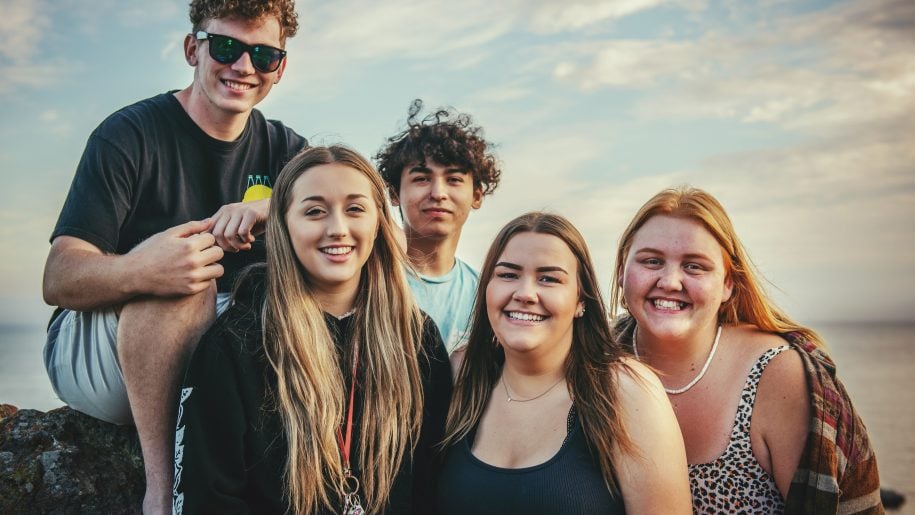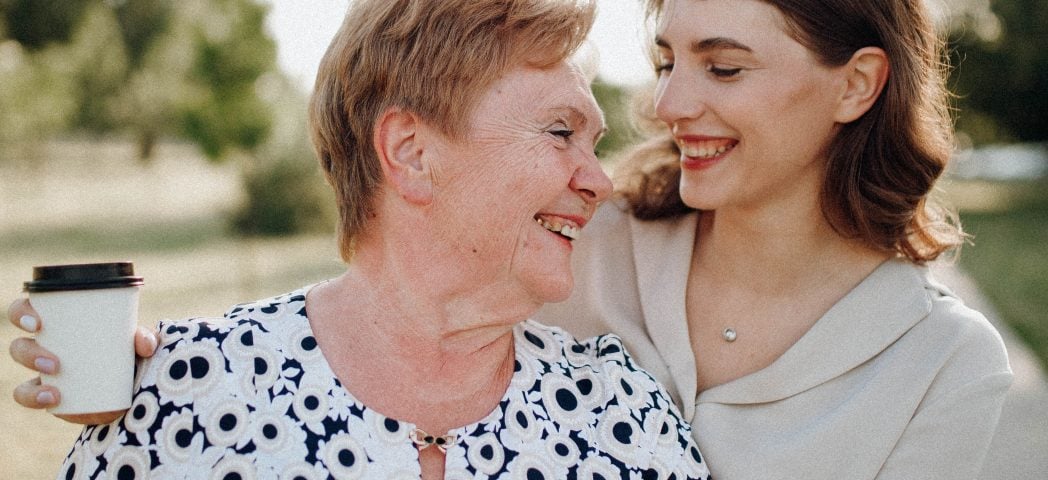Barriers Young Carers Might Face
Carers NSW research states that young carers are at risk of experiencing long term disadvantage than their non caring peers (Carers NSW, 2020).
Young carers can fall behind their peers in the education system, as caregiving duties can often be the young carers main focus, leaving little time to concentrate on schoolwork. Caregiving responsibilities may also impact on things like sleep or physical health, so when they do go to school, they might not be able to pay attention and end up falling behind. Therefore is it not surprising young carers are also less likely to go onto further or higher education than their non caring peers (Carers NSW, 2020).
Young carers also face similar issues with employment. They may not be able to find a suitable job because they don’t have time due to their caregiving responsibilities, and employers might also be less likely to offer support or flexibility, because they don’t realise that they are a young carer. This can also impact their long term employment prospects (Carers NSW, 2020).
Additionally, young carers are more likely to have poorer mental health than their peers. This is due to a range of things, such as being stressed and burnt out due to their caregiving role. They also may not have as much time to socialise with their friends due to their responsibilities, and so are often isolated. Additionally, young carers may not share information about their caregiving role with their friends due to thinking they won’t be understood, or they are embarrassed or ashamed, increasing their feelings of isolation and loneliness (Carers NSW, 2020).




